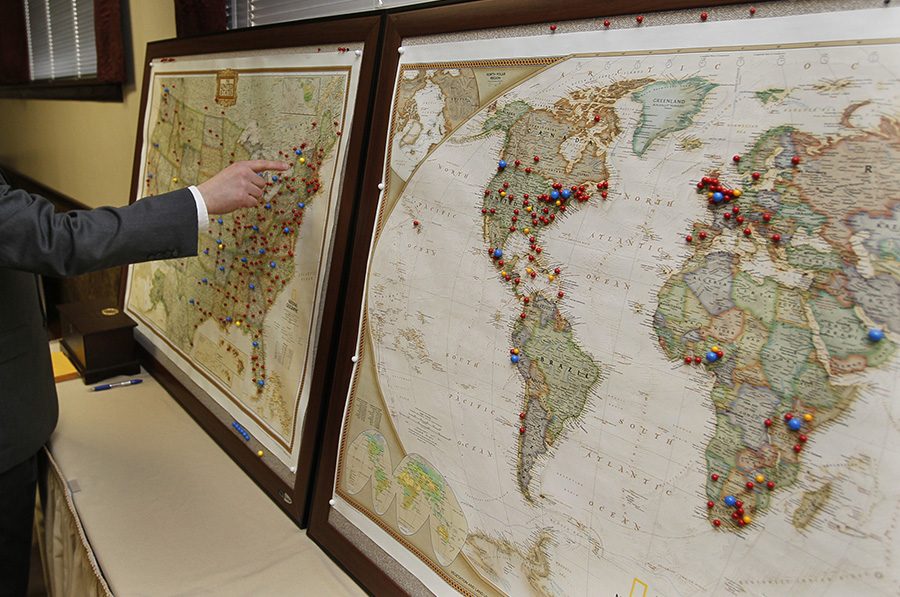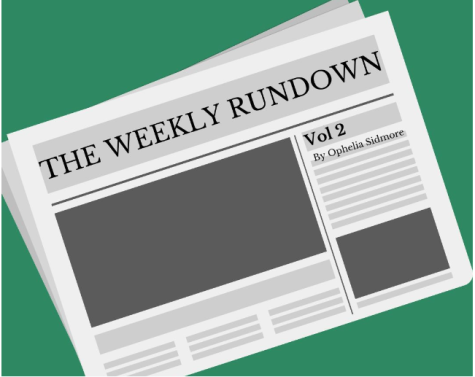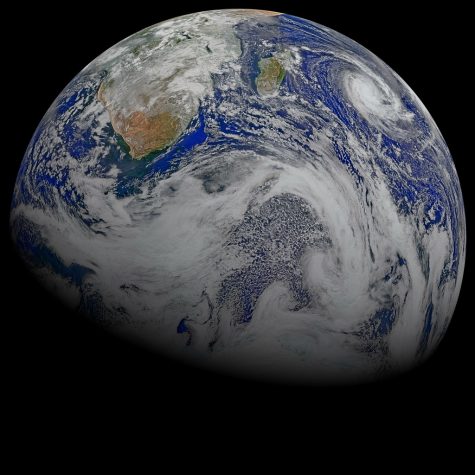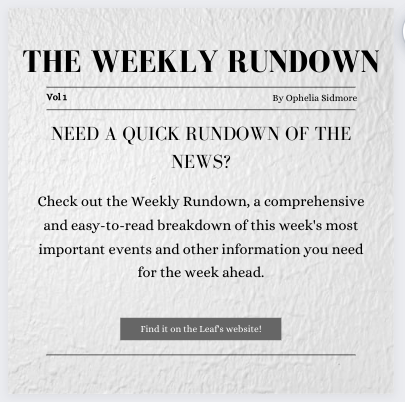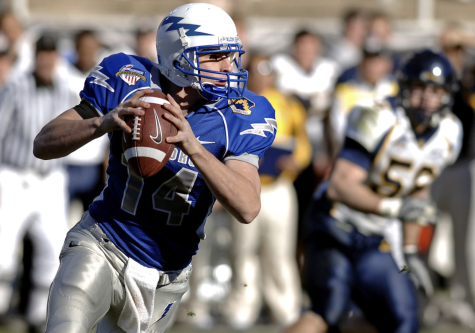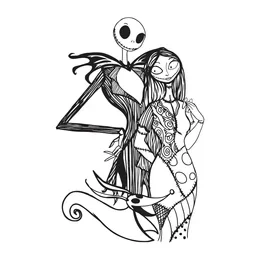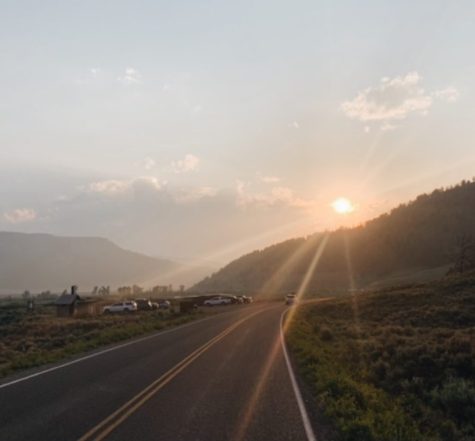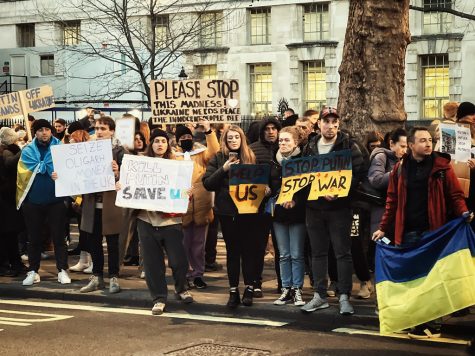Columbus Day reignites controversy
SEVEN SEAS. A modern map of the world shows the routes Columbus was never aware of. The primary faults of Columbus Day lie in the explorer’s mistreatment of native peoples as well as the misconception that he discovered what is now America. “The word ‘encounter’ is now preferred to ‘discovery’ when describing the contacts between Europe and the Americas, and more attention has been paid to the fate of indigenous Americans and to the perspectives of non-Christians,” according to the Encyclopedia Britannica.
On Mon. Oct. 9, our country held a national celebration of the man who pioneered one of the best-lauded accidents in human history. Although a blind “discovery,” many deeds of Italian explorer Christopher Columbus’s famed mission were all but unintentional.
Many of us once sat before a grade school teacher reciting the merits of Columbus’s Niña, Pinta, and Santa Maria.
What I remember learning from those lessons is that Columbus found money and ships in the court of Isabella I and Ferdinand II of Spain, set sail in 1492, and “discovered” the “New World” with the belief that he had reached Asia.
No one told me about what cruelty he fostered on our shores— or, rather, our continent’s shores (Columbus never set foot on the land that is now America)— until President Barack Obama’s 2016 Columbus Day remarks.
“The past we share is marked by too many broken promises, as well as violence, deprivation, and disease. It is a history that we must recognize as we seek to build a brighter future — side by side and with cooperation and mutual respect,” Obama said in his proclamation.
In contrast, President Donald Trump’s 2017 Presidential Proclamation of the holiday applauded Columbus’s perseverance “even in the face of extreme doubt and tremendous adversity.”
What of the “adversity” faced by the indigenous people he enslaved and exposed to disease?
To me, the former president has a point. He officially recognized Columbus Day while taking into account its dark history. This is a multifaceted issue, and it is our duty as Americans to consider every aspect we can.
To start, I will concede my appreciation for Columbus Day’s roots as a celebration of Italian-Americans and Catholics, but is Columbus’s attachment to such a ceremony really necessary?
Next, according to the Encyclopedia Britannica, Columbus “opened the way for European exploration, exploitation, and colonization of the Americas. He has long been called the ‘discoverer’ of the New World, although Vikings such as Leif Eriksson had visited North America five centuries earlier.”
There are elements of American culture that Columbus’s journeys clearly impacted. However, there are also elements of Native American culture that fascinate so many of us.
The idea of Indigenous Peoples Day being celebrated in the holiday’s place does not salute only the natives that Columbus supposedly found in the Bahamas and other North American landing sites, but our continent’s entire history of indigenous peoples.
One could argue that Aztec, Incan, and Mayan civilizations did subject human beings to slavery, sacrifice, and similarly cruel deeds. But do they represent indigenous peoples as a group?
Of course, you could ask the same question of Columbus’s crew. The explorers do deserve recognition. Dishonorable tendencies of humankind taint every celebration; European colonialists and extremist Aztecs can find common ground in that statement.
Currently, 16 or more U.S. states, such as Oregon, Hawaii, and Alaska, neglect to recognize Columbus Day as a public holiday. South Dakota, for instance, has chosen to celebrate Native American Day in its place for over 30 years.
Perhaps President Benjamin Harrison was onto something when he called for “Discovery Day” to be celebrated on the 400th anniversary of Columbus’s arrival. Replacing “discovery” with a more historically accurate “explorer’s” would pay tribute to Columbus and his colleagues.
Maybe we need “Explorer’s and Indigenous People’s Day.” After all, the two groups have a long and complex history that has no doubt influenced us, and what are national holidays for but to celebrate these diverse notabilities of our history?

